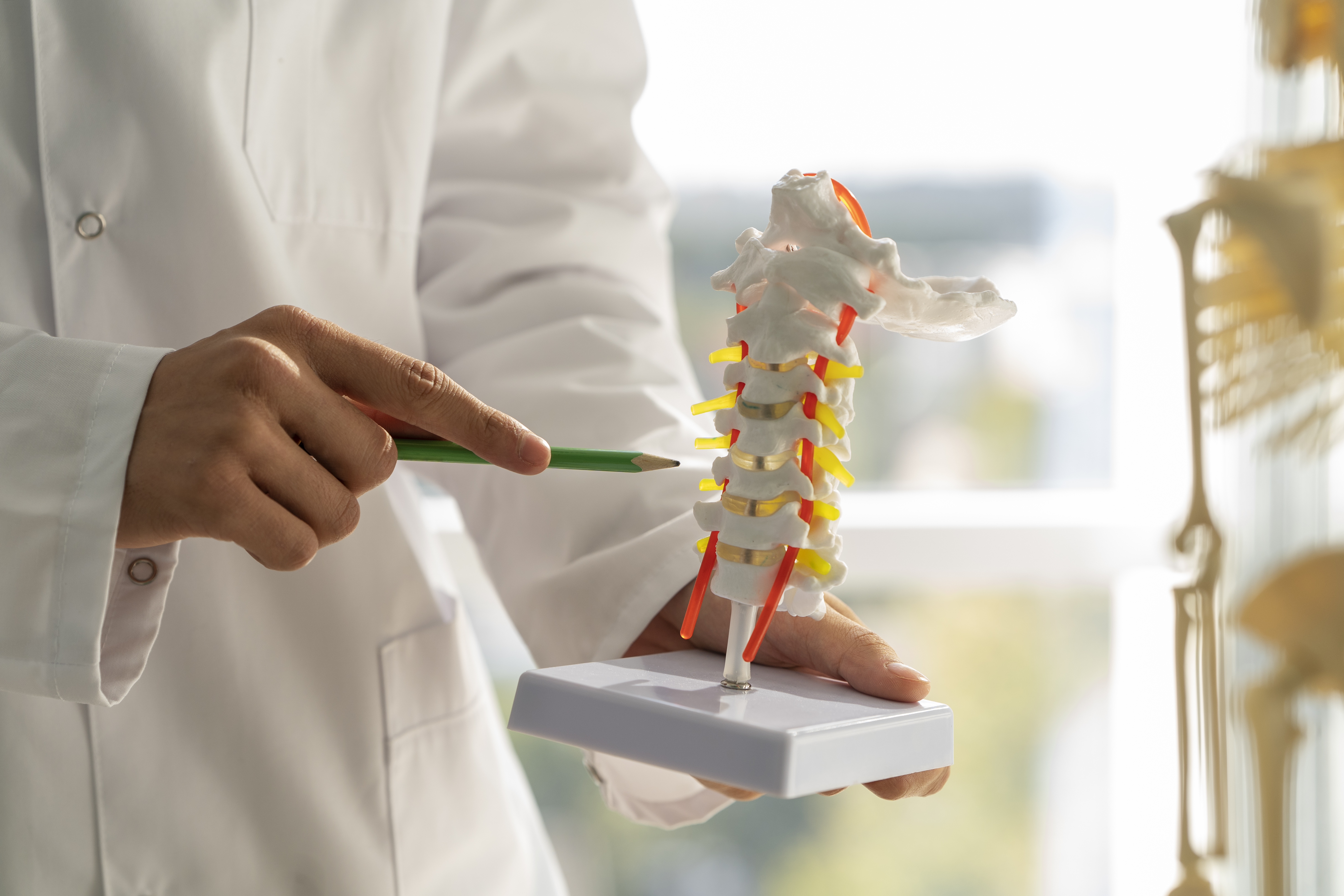Is a Herniated Disc Behind Your Pain?
If you've been told surgery or medication are your only options for a herniated disc, there's hope. Explore a non-surgical solution that delivers real results right here at The Disc Doctor.

If you've been told surgery or medication are your only options for a herniated disc, there's hope. Explore a non-surgical solution that delivers real results right here at The Disc Doctor.
